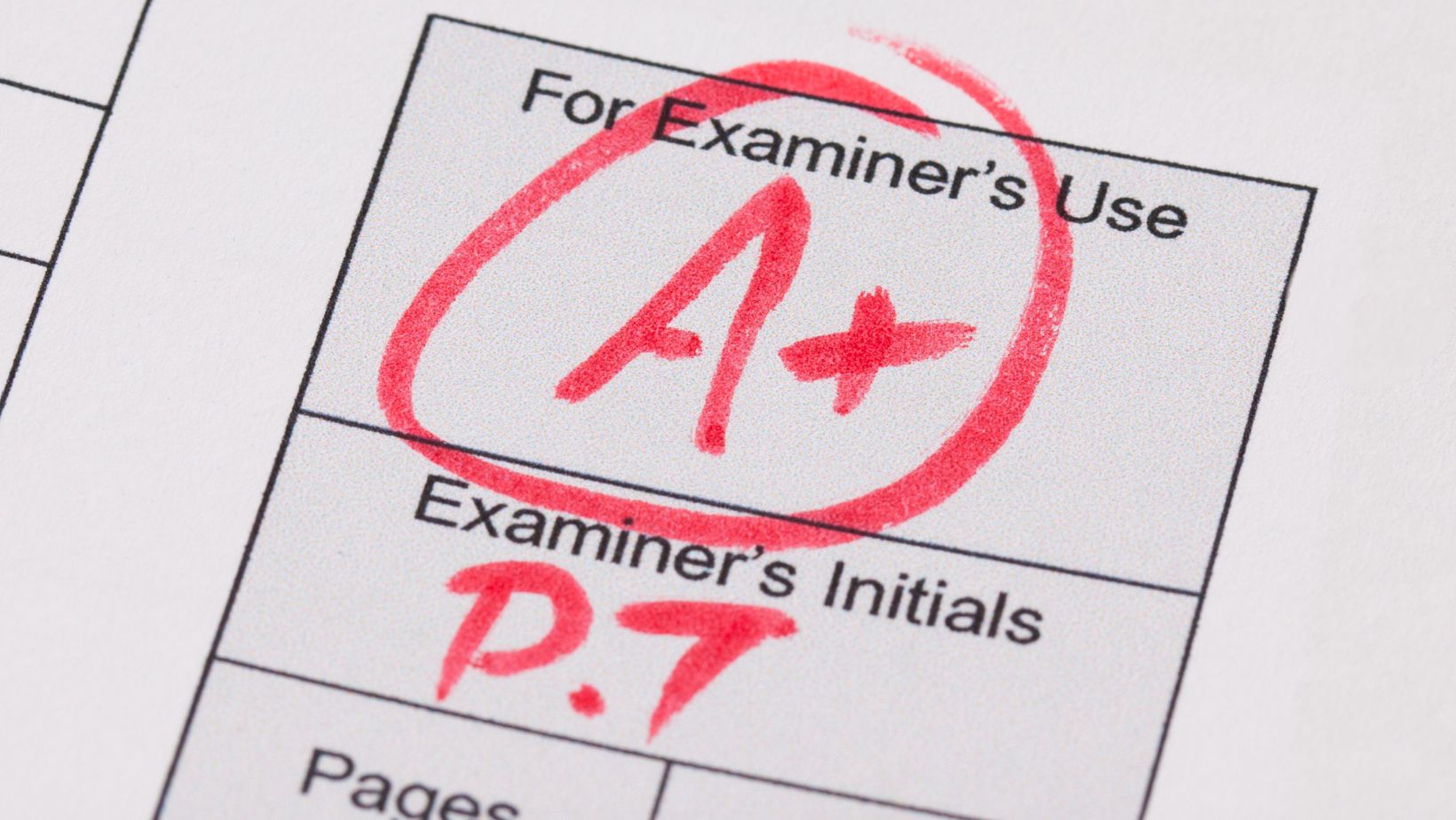
Are you interested in becoming a Registered Behavior Technician (RBT)? Well, I’ve got some exciting news for you! The Applied Behavior Analysis International (ABAI) has recently approved requests to sit for the RBT exam. This is a significant development for anyone looking to enter the field of behavior analysis and make a positive impact on the lives of individuals with autism and other developmental disabilities.
In this article, I’ll be diving into the details of this approval and what it means for aspiring RBTs. We’ll explore the benefits of becoming an RBT, the requirements to sit for the exam, and how this certification can open doors to a rewarding career in behavior analysis. Whether you’re a student, a career changer, or simply passionate about helping others, this article will provide you with the information you need to take the next step towards becoming an RBT.
So, if you’re ready to learn more about the ABAI’s approval of requests to sit for the RBT exam, keep reading! You won’t want to miss out on this exciting opportunity to pursue a fulfilling career in behavior analysis.
The Abai Approves Requests To Sit For The RBT Exam
The Applied Behavior Analysis International (ABAI) has recently made an exciting announcement for individuals interested in pursuing a career in behavior analysis. They have approved requests to sit for the Registered Behavior Technician (RBT) exam, opening up new opportunities for those looking to make a positive impact on the lives of individuals with autism and other developmental disabilities.
Becoming an RBT is a rewarding path that allows individuals to work closely with individuals with special needs, providing them with valuable support and guidance. The ABAI’s approval to sit for the RBT exam is a significant step towards launching a successful career in this field.
To be eligible to sit for the RBT exam, there are certain requirements that individuals must fulfill. This includes completing specific coursework and training programs, as well as obtaining recommendations from qualified professionals. By meeting these requirements, applicants demonstrate their dedication and commitment to providing high-quality behavior analysis services.
Achieving RBT certification opens up a world of opportunities in the field of behavior analysis. As an RBT, individuals can work in a variety of settings, including schools, clinics, and in-home therapy programs. They have the chance to work closely with Board Certified Behavior Analysts (BCBAs) and play an integral role in implementing behavior intervention plans and supporting individuals in reaching their goals.

Requirements to Sit for the RBT Exam
To sit for the RBT (Registered Behavior Technician) exam, there are certain requirements that individuals must fulfill. As the ABAI (Applied Behavior Analysis International) has approved requests to take this exam, it’s crucial to understand what is needed to qualify. Here are the requirements:
- Minimum Age: I must be at least 18 years old to be eligible for the RBT exam. This ensures that individuals have the maturity and responsibility needed for this role.
- Education and Training: I must complete the 40-hour RBT training, which covers essential topics such as behavior principles, ethics, and data collection. This training can be provided by a qualified supervisor or through an authorized training provider.
- Competency Assessment: After completing the training, I must pass a competency assessment to demonstrate my understanding of the concepts and skills taught in the training program. This assessment ensures that RBT candidates are competent and prepared to work in the field.
- Criminal Background Check: A background check is required to ensure the safety of individuals receiving behavior analysis services. This check helps to guarantee that RBTs have a clean background and are suitable for working with vulnerable populations.
- Supervision: I must work under the supervision of a Board Certified Behavior Analyst (BCBA) or a Board Certified Assistant Behavior Analyst (BCaBA). This ensures that I receive guidance and support in implementing behavior analysis interventions effectively.
- Ethics: It is essential to adhere to the professional and ethical guidelines set by the Behavior Analyst Certification Board (BACB). These guidelines ensure that RBTs maintain the highest level of professionalism and integrity in their work.
Meeting these requirements is necessary to sit for the RBT exam and become a certified Registered Behavior Technician. The ABAI’s approval of requests to take the exam opens up exciting opportunities for individuals interested in pursuing a career in behavior analysis.






